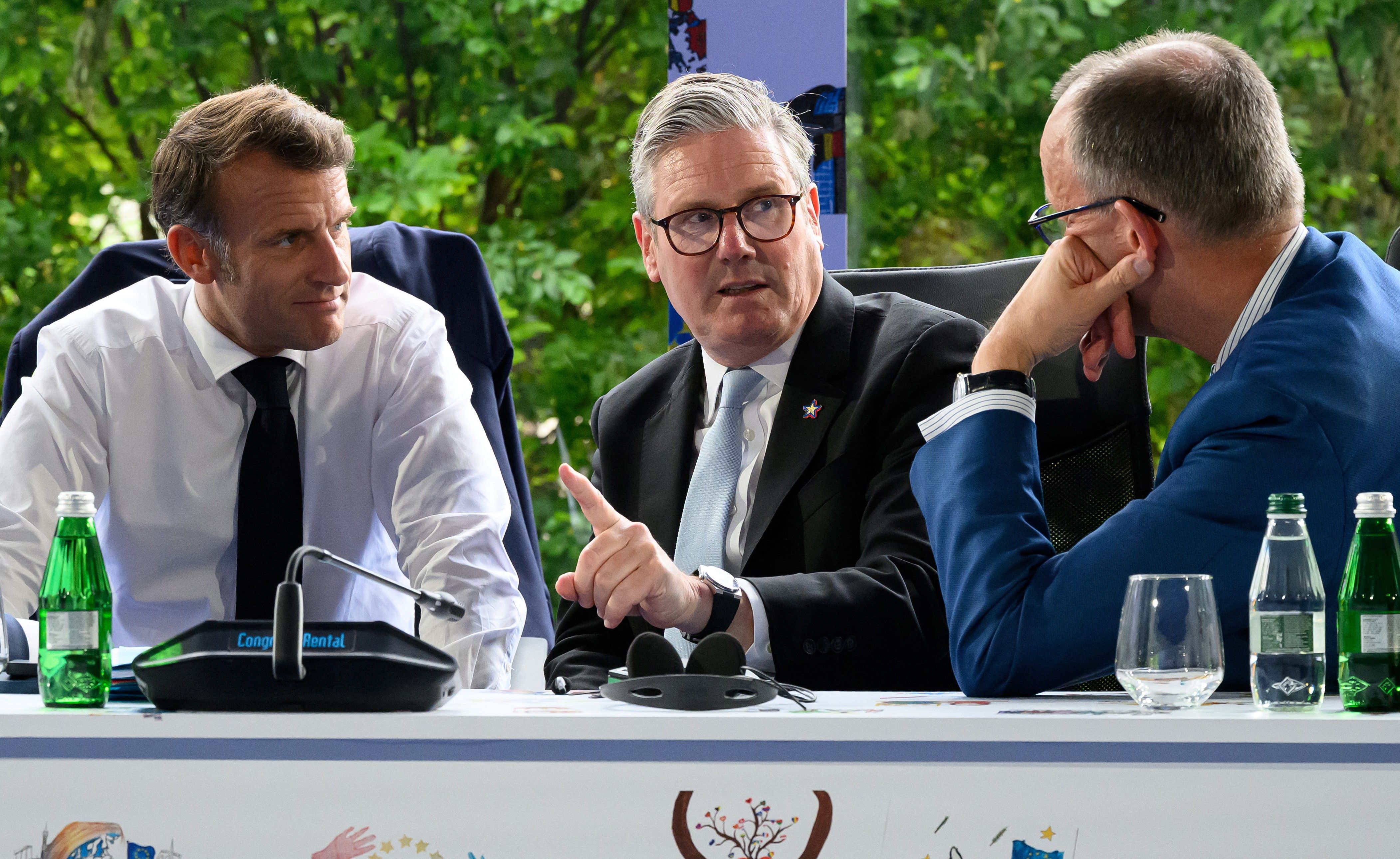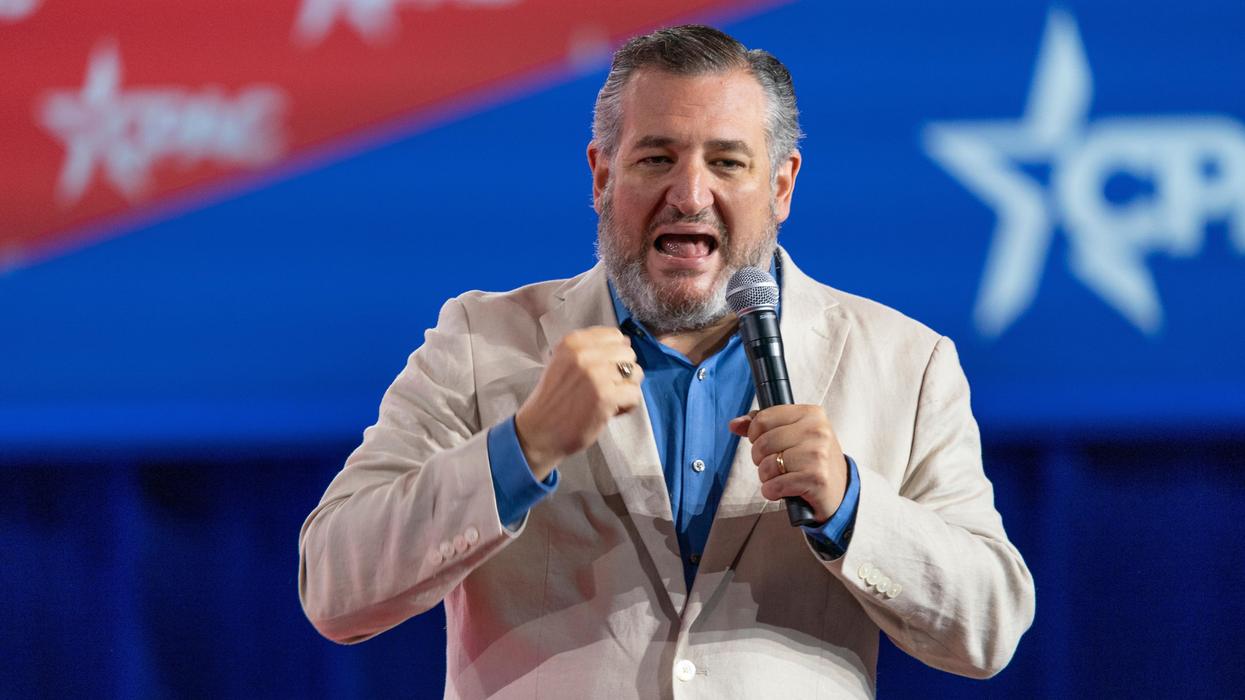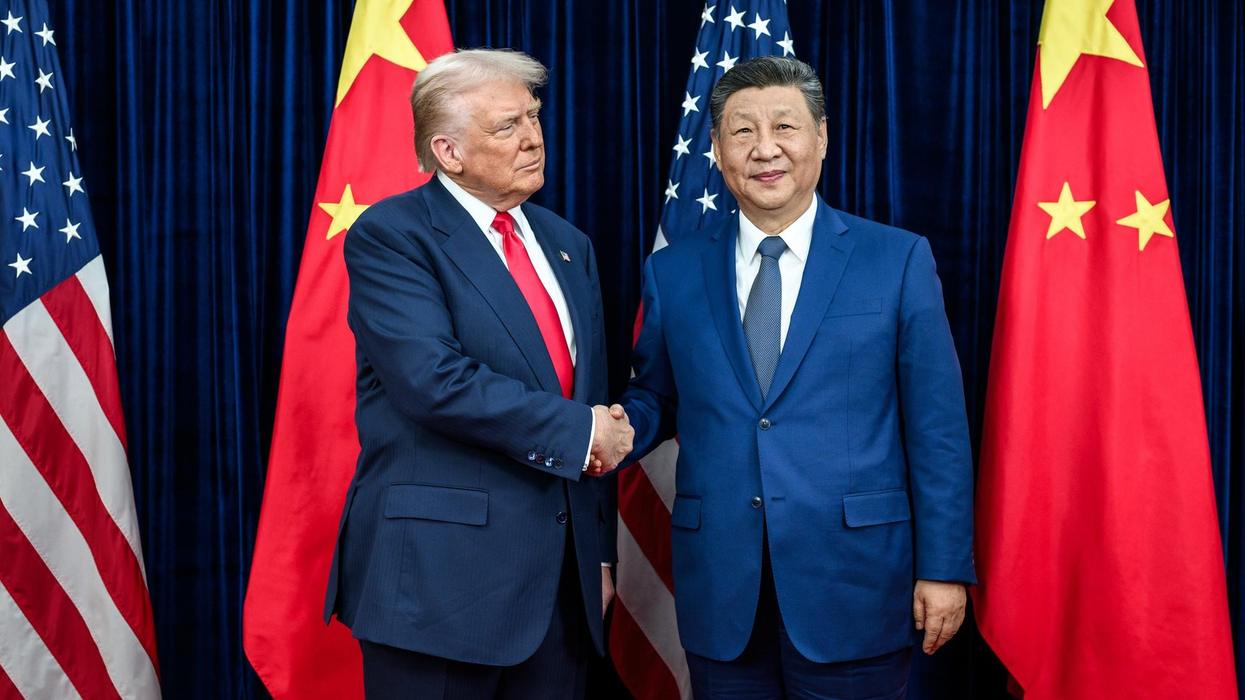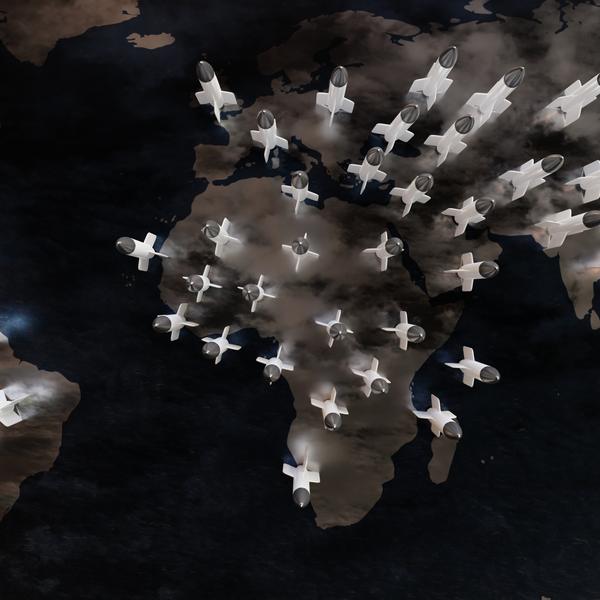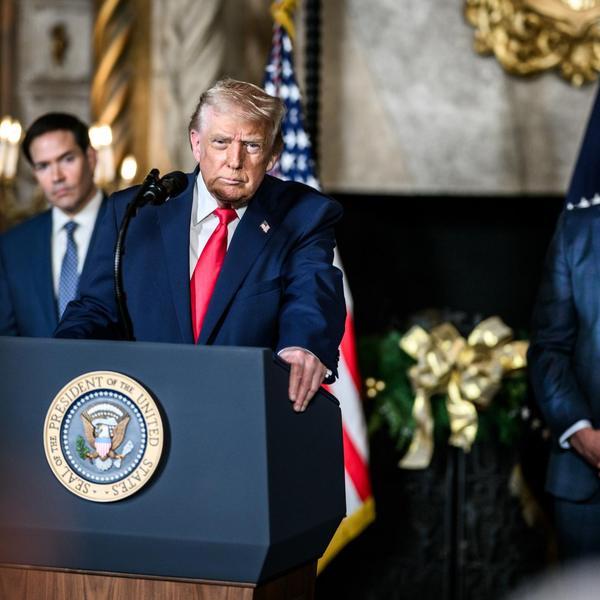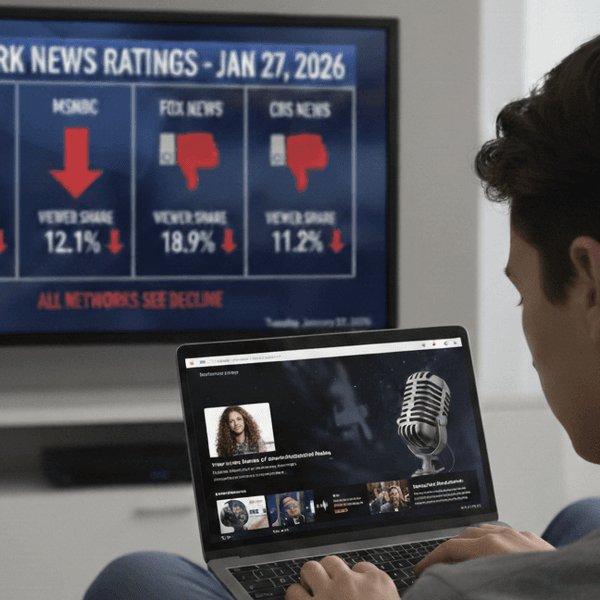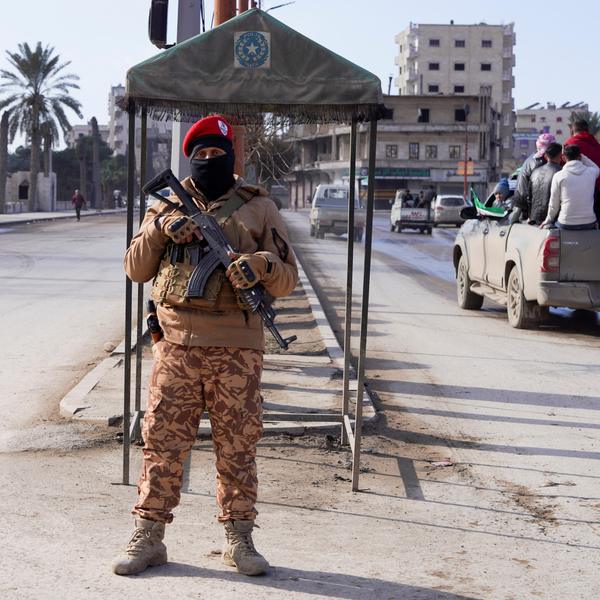The European Union’s response to the U.S. strikes on Iran Saturday has exposed more than just hypocrisy — it has revealed a vassalization so profound that the European capitals now willingly undermine both international law and their own strategic interests.
The statement by the E3, signed by German Chancellor Friedrich Merz, British Prime Minister Keir Starmer, and French President Emmanuel Macron, following similar statements by the president of the European Commission Ursula von der Leyen, and its high representative for foreign affairs Kaja Kallas, perfectly encapsulates this surrender.
The European trio affirmed their support for the security of Israel — and only Israel, as if other nations in the Middle East weren’t entitled to security. They repeated the rhetoric that Iran “can never have a nuclear weapon” and endorsed the U.S. strikes on Iranian nuclear facilities despite the numerous conclusions of both the IAEA and the U.S. intelligence community (IC) that Iran is presently, or at least before Saturday’s attack, not working on weaponizing its nuclear program.
In truly Orwellian fashion, the E3 called on Tehran to “engage in negotiations leading to an agreement that addresses all concerns associated with its nuclear program” — despite the fact that Iran was literally engaged in those very negotiations with the E3’s foreign ministers on Friday, the day before the U.S. strike — as it was preparing to continue negotiations with the U.S. in Oman before Israel launched the war a week before. In fact, Israel’s brazen decision to sabotage U.S.–Iranian diplomacy is precisely the evidence that, contrary to what the E3 now imply, Iran has engaged in talks seriously enough to make the prospect of concluding a new deal realistic.
The timing of the U.S. strikes — coming after diplomatic efforts by E3 and Iran — makes a mockery of the E3’s assertions that the onus is now on Tehran for renewing the talks. It prompted Iranian Foreign Minister Abbas Araghchi to ask: “how can Iran return to something it never left, let alone blew up”?
Even more damning is the EU’s refusal to acknowledge what former Swedish Prime Minister Carl Bildt forthrightly stated: the U.S. attack was a clear-cut violation of international law. The U.N. Charter prohibits the use of force except in self-defense against an imminent attack or with Security Council authorization — neither of which applied in this case. Yet the current EU leadership, so vocal in condemning Russia’s breaches of Ukraine’s sovereignty, remains conspicuously mute when Washington or Jerusalem does the same.
This hypocrisy does more than expose EU moral posturing — it actively erodes the foundations of international law and the much-vaunted “rules-based international order.” By legitimizing the "right of the mighty" to wage preventive wars, the EU fatally undermines Ukraine’s cause and sets a precedent that its adversaries are certain to exploit. If preventive strikes are permissible for the U.S. and Israel, why not for Russia, China, or any other power claiming a "threat"? Why should nations of the Global South rally behind Kyiv’s appeals to the U.N. Charter when Europe itself excuses blatant breaches by Western powers?
Worse, this vassalization of Europe is proving strategically useless. No evidence that the Trump administration even bothered to warn its European "allies" in advance of its attack on Iran has yet come to light, a damning indication, if borne out, of the contempt the Trump administration holds for its main European NATO allies which then rush willy-nilly to defend Washington’s flagrant violations of international law.
The timing couldn’t be more conspicuous. Days before a critical NATO summit, this episode confirms what sober observers already knew: Europe’s servility earns neither respect nor reciprocity from Washington. The Trump administration’s apparent failure to consult the E3 — despite their ongoing diplomatic engagement with Iran — proves that U.S. policymakers view Europe not as partners, but as lackeys to be ignored at will. This dynamic poisons the atmosphere ahead of NATO’s meeting, where European leaders will once again appeal for “transatlantic unity” while accepting their role as Washington’s junior subordinates.
But the deeper tragedy is that Europe’s leaders have internalized their own subordination. They betray international law not for tangible gains, but out of reflexive obedience — a habit that weakens Europe’s global standing while emboldening Washington’s and Jerusalem’s worst impulses. This is one of the big differences with the run-up to the last big U.S. war of choice. Back then, leaders of France and Germany had the backbone and foresight to oppose George W. Bush’s 2003 invasion of Iraq. Fast forward to 2025, and Germany’s neoconservative chancellor Merz enthusiastically endorses Israel’s illegal attacks on Iran as the necessary “dirty work” performed on behalf of the “West.”
The expanding war in the Middle East should be a wake-up call: given Europe’s geographical proximity to the Middle East, the spillover effects in terms of possible new migration flows, terrorist threats, and energy shocks that would be massively destabilizing for Europe. Given the stakes, if Europe won’t assert its interests now, when will it? When Washington and Jerusalem unilaterally drag it into another endless Middle Eastern war? When the next illegal strike hits a third country? Vassalage doesn’t pay — it only degrades.
- Poll: Trump voters don't want US involved in Israel’s war on Iran ›
- Déjà coup: Iran war activates regime change dead-enders ›
- The Capitol Hill Republicans against US war with Iran ›
- 'Zero enrichment' fantasies will lead us to war ›
- UN Charter turns 80: Why do Europeans mock it so? | Responsible Statecraft ›
- Britain's half-baked national security strategy | Responsible Statecraft ›
- Europe whistles past the Venezuelan graveyard | Responsible Statecraft ›
- Germany's grandstanding on Iran: The best Europe can muster? | Responsible Statecraft ›

